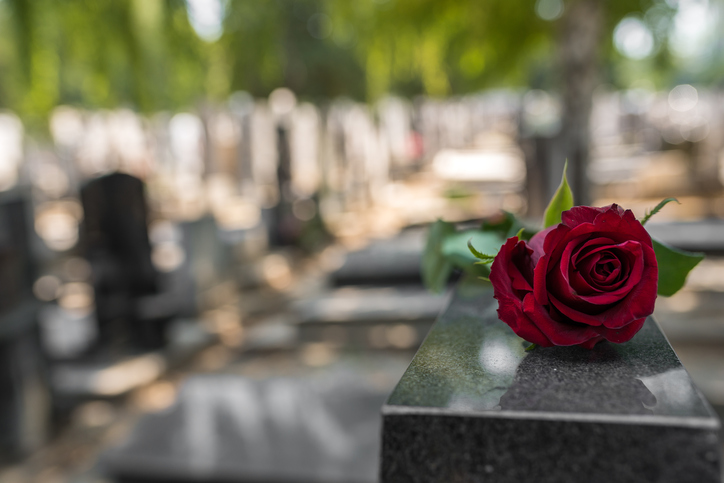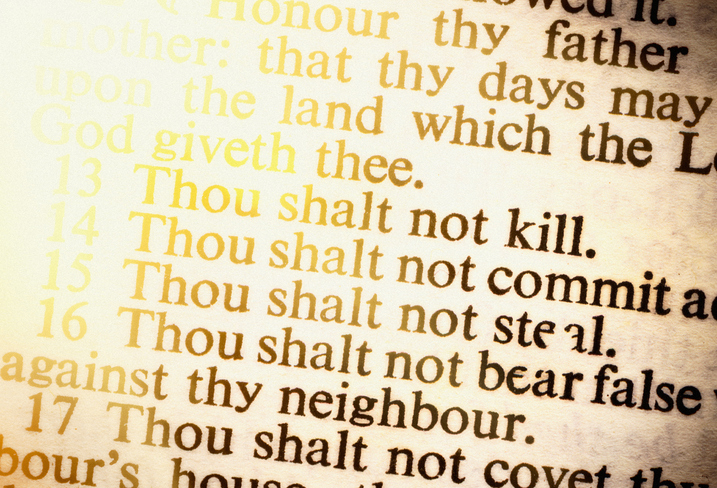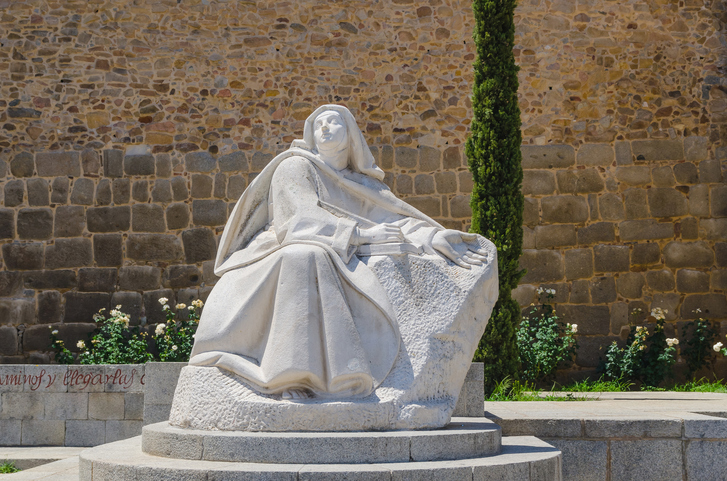We have a clue to the probability that in today’s Gospel Jesus is addressing those who are against him rather than the crowd of goodwill followers by his use of the word “hypocrites,” usually reserved for the Scribes and Pharisees. Jesus points out that they already know how to judge physical signs to predict what is coming, like the weather, but they do not know how to judge the subtler “signs of the times” to recognize more important things like the presence of the Messiah among them!
The context in which Luke places these words is a longer explication of how beloved we are, the shortness of our life on earth, the need for watchfulness, and the division between people that following Jesus will cause. He “shakes them up” a bit so that they will hear his reference to the importance of the present time and the need to attend to matters before it is too late, calling them to repentance while there is still time before judgment is rendered. His words are not meant to help them avoid legal difficulties with opponents before judges or to avoid earthly prisons. Rather, he is hoping to help them see that the time for peacekeeping and justice and charity is always now! He calls his hearers to act always as if this moment matters, because it does, and we cannot know how many more moments we will be on this earth.
These are valuable attitudes for right living and helping others to live uprightly as well! The Psalmist (Psalm 90:12) asks the Lord to help us know the shortness of life so that we may have WISDOM. Those who recognize this and act accordingly, making the most of each moment before God, live in gratitude and joy and wisdom.
What can we do each morning to begin the day with gratitude and the resolve to live the day in a way that will glorify God, serve others, and lead us to eternal joy?

Kathryn is married to Robert, mother of seven, grandmother to two, and a lay Carmelite. She has worked as a teacher, headmistress, catechist, Pastoral Associate, and DRE, and also as a writer and voice talent for Holy Family Radio. Currently, she serves the Church as a writer and presenter, and by collaborating with the diocesan Office of Faith Formation, individual parishes, and Catholic ministries to lead others to encounter Christ and engage their faith. Learn more at www.kathryntherese.com or on Facebook @summapax.


















